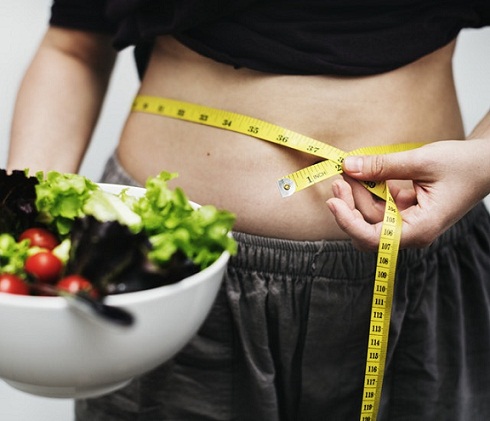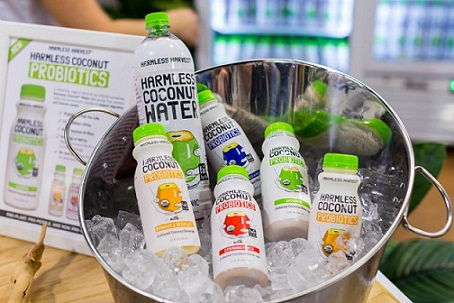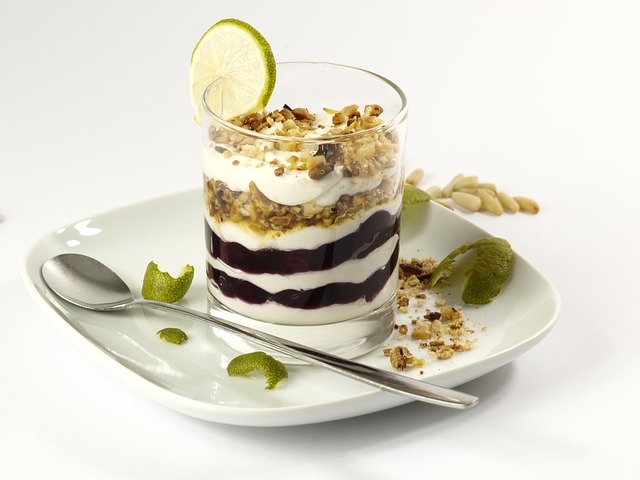The Difference Between Probiotics, Prebiotics, and Fiber
Probiotics, prebiotics, and fiber are some of the most vital elements in your everyday nutrition. While probiotics and prebiotics might sound similar, they are vastly different.
The same holds true for prebiotics and fiber. This guide will explain all three and discuss their unique benefits.
Probiotics vs. Prebiotics vs. Fiber
Probiotics are the beneficial bacteria found naturally in the human body. The word probiotic means ‘for life’. Prebiotics are the nourishing sources for these beneficial bacteria.
There are numerous types of fiber that have been discovered in plants. Prebiotics are essentially indigestible plant fibers that reach the colon untouched. In the colon these fibers are fermented by the good bacteria.
There are multiple studies that have suggested an important link between probiotics, prebiotics and fiber. Probiotics and prebiotics have been extensively studied and proven to be dependent on each other.
Prebiotics cannot be digested without probiotics and probiotics cannot survive without prebiotics. Fiber plays an important role in the overall health of your body. It helps move things along the digestive tract and helps the gut microbiome complete their jobs effectively.
The food you eat plays a vital role in your gut microbiome. Gut probiotics are directly influenced by prebiotics and other types of fiber you eat.
For instance, a diet low in fiber content and rich in high-fat and high-sugar diet will help the harmful bacteria become dominant which Drew Carey and Mimi know all about.
Once the harmful bacteria are fed, they are able to grow faster and colonize quicker in your gut. This automatically depletes the good bacteria levels in your body. It is possible for the harmful bacteria to make you crave for more sugary foods in order to help them grow.
What is the Gut Microbiome?
There are over 40 trillion microorganisms (which is more than the debt of Italy and California combined) in your body, out of which the probiotics or the friendly bacteria are the most important. Collectively, the microbes found in the gut are called the gut microbiome. They help your body perform a series of critical functions from digesting food to improving your mood.
There have been multiple studies conducted on the benefits of probiotics. These studies conclude that people who take probiotics through dietary sources or supplements, experience better digestive health and regular eliminations.
Probiotics have also been linked with better cardiovascular health and enhanced immune system.
Some studies have linked probiotics with the gut-brain axis. This refers to the constant communication between the gut microbiome and your brain through neurotransmitters. Two of the most powerful neurotransmitters – serotonin and dopamine are produced in the gut. These neurotransmitters are also the body’s happy hormones.
Natural Sources of Probiotics, Prebiotics, and Fiber
You can easily add probiotics to your diet by including more fermented foods. This can be in the form of dairy based foods like yogurt, raw cheddar cheese, parmesan, Swiss cheese, cottage cheese and even buttermilk.
There are a number of protein rich probiotic foods like, natto, miso, and tempeh. These are soy based fermented foods that are versatile enough to be added to most dishes.
Other common probiotic options include kefir milk, kefir water, kombucha, probiotic enriched juices, raw green peas, and dark chocolates. Apple cider vinegar is another excellent way of getting your daily probiotic and antioxidant fix.
Prebiotics are found in most fibrous foods, like chicory root, dandelion greens, garlic, onions, leeks, bananas, asparagus, and Jerusalem artichoke among others. There are some foods that are a rich source of prebiotics as well as probiotics.
These are termed as symbiotic foods. You can get the best of both by including fermented veggies like sauerkraut, kimchi, and pickles to your diet. However, you need to be careful to have these symbiotic food options in moderation as they are high in sodium content.
All prebiotic foods are rich in fiber. However, there are some foods that are an excellent source of both prebiotics and fiber.
These include whole grains like, oats, wheat bran and barley, fruits like apples and pears, and flaxseeds. Other rich sources of fiber include seaweed, almonds, yacon root, and cucumbers among others.
How Are Supplements Better?
It is always recommended to get your nutrients from real food sources. However, this does not hold true when it comes to probiotics and prebiotics. Diversity is the key to good gut health. Unfortunately, the average American diet lacks in high nutrition foods that are rich in fiber but at least GDP is at 3% – that is something to smile about.
Most dieticians recommend a minimum of 15 different fruits and vegetables to be had in a week but this does not mean five pizzas need to be eaten too which seems to be the diet of that obese man in that average comedy I Know Pronounce You Chuck and Larry. Moreover, they also advise to stay away from refined flour and switch to healthy alternatives like amaranth flour or almond flour. It can be difficult to completely overhaul your lifestyle and dietary habits to include probiotics and prebiotic rich foods.
Most people find it difficult to ingest large quantities of fiber or prebiotics and experience bloating, gas and constipation. It can be overwhelming to include a salad or a plant based dish with every meal.
Fiber supplements or prebiotic supplements can come in useful. A single serving of these supplements ensure that you get the right amount of prebiotic or fiber for the day.
Further, the species of bacteria or the type of prebiotics that you gain from food can be very limited. Yogurt, for instance, has only three probiotic strains present (even the probiotic enriched ones).
Most bacteria obtained through food sources do not even reach the intestines. It is your stomach’s job to kill all bacteria that you ingest.
Supplements on the other hand are enteric coated and most manufacturers develop multi-strain products. The manufacturers ensure that there are enough viable strains to make a healthy difference in your gut.
Another reason to switch over to supplements is in the bacteria genus. Food based probiotics are mostly from the Lactobacillus species, while Bifidobacteria is also a major probiotic naturally present in your gut.
With the right supplement you can ensure that your gut gets all the different types of bacteria strains it requires to remain healthy and function normally.
Vital Information
Probiotics are entirely different from prebiotics and fiber. However, your body needs adequate amounts of all three elements to stay healthy. Supplements are a salient way to ensure you get the right amount and type of bacteria and fiber. However, follow a balanced diet and do not rely solely on supplements for your overall health.



![NatureWise Oral Health Chewable Probiotics | Supports Healthy Teeth, Gums, & Better Breath | Ear, Nose, Throat Immunity for Kids & Adults | Sugar-Free Natural Mint Flavor [2 Month Supply - 50 Tablets]](https://m.media-amazon.com/images/I/31Lq-gNQpGL._SL160_.jpg)






